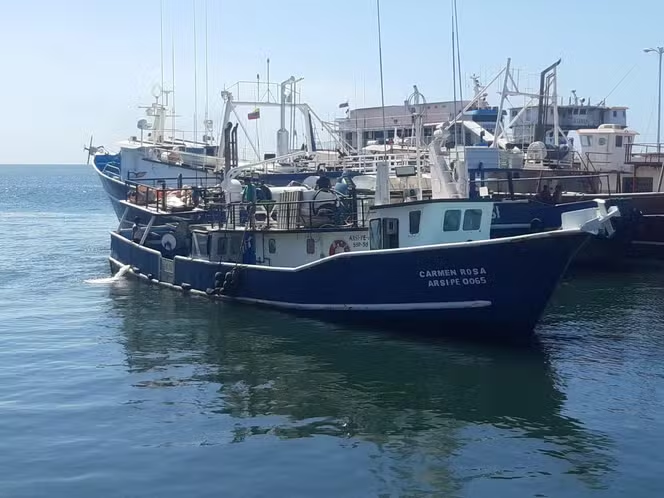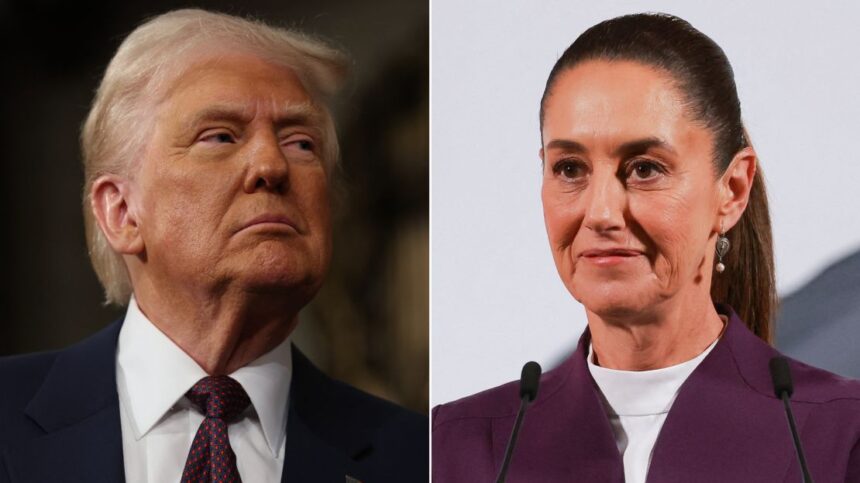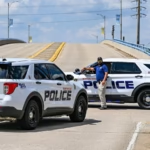In recent weeks, the Trump administration has sharply increased its actions against drug cartels linked to Venezuela, signaling a new phase in America’s long war on narcotics. From naval strikes to fighter deployments, the U.S. is pushing hard but in doing so, also raising legal, diplomatic, and moral questions about how far the government should go.

What’s Happened So Far- Sea Strike at the Southern Caribbean
On September 2, U.S. forces struck a vessel alleged to be trafficking narcotics from Venezuela. Eleven people were killed. The administration claimed the boat was operated by members of the gang Tren de Aragua. Venezuelan officials denied the claims, saying evidence has not been presented publicly. Fighter Jets & Navy Presence Reports say 10 F‑35 stealth jets were deployed to Puerto Rico, as part of broader patrolling and deterrence operations in the Caribbean. Warships have also been moved closer to Venezuelan waters. The U.S. says these steps are part of counter-narcotics strategy targeting “narco-terrorist organizations.”- Designation of Cartels as Terrorist Groups. The U.S. has designated key Venezuelan gangs such as Tren de Aragua and broader organizations like the Cartel de los Soles as foreign terrorist organizations. So, the government now has more ways to freeze assets, punish folks, and extradite people, going past normal law stuff.
Why This Is a Big Deal
Things are changing with how the U.S. deals with drug and gang groups, mainly those linked to Venezuela.
Legal and Moral Issues Labeling these groups as terrorists changes things a lot. The U.S. can then take tougher actions, but everyone will be watching to make sure they follow international laws and respect human rights. Rising Tensions Venezuela believes the U.S. intends to take over. Sending more U.S. troops and using strong language is making things worse. Not just between the U.S. and Venezuela, but other countries in the area are worried about being controlled.Impact on the U.S Many Americans view drug gangs as a major issue that causes violence and drug problems. People often want something to be done. Still, they also worry about the U.S. overdoing things or making a mess. For this to work well, the U.S. needs good intelligence, the help of allies, and a clear explanation of their actions. If they mess up, nobody will believe them again.
Some of the main things people are asking:
1. Fairness: Can the people being targeted fight back against what they’re being accused of?
Are killings or seizures happening without judicial oversight?
2. Sovereignty & international law: When U.S. operations happen in international waters, or inside areas claimed or controlled by Venezuela, how are treaties, maritime law, and conventions applied? Okay, here’s a rewrite of that text to sound more human.
3. Risk of things blowing up When you use the military, especially a big one, things can go wrong fast. People might hit back, there could be mix-ups, or the whole thing could get way bigger than planned.
4. Proof? How much do they show us? If they say a boat had drugs or a gang thing is real, where’s the proof? If they don’t share, people won’t trust them.
What to Watch
* Will they attack inside Venezuela, or just near the water and border?
* What will Congress do? Will they check what the White House is saying?
* Will the terrorist label for these groups make it through the courts?
* What will Venezuela do? Talk? Fight back?
* Will this stop drugs coming into the U.S.? Will it hurt the cartels, or just move them somewhere else?
The Trump administration is going harder after Venezuelan cartels, using the military. This is a new, stronger step in an old fight. What’s different now are the laws they’re using, the military power, and how the world sees it.
This whole thing is about balancing strong action with what’s legal and how the drug war affects other countries. It’s not just about drugs, but how we choose to stop them.









